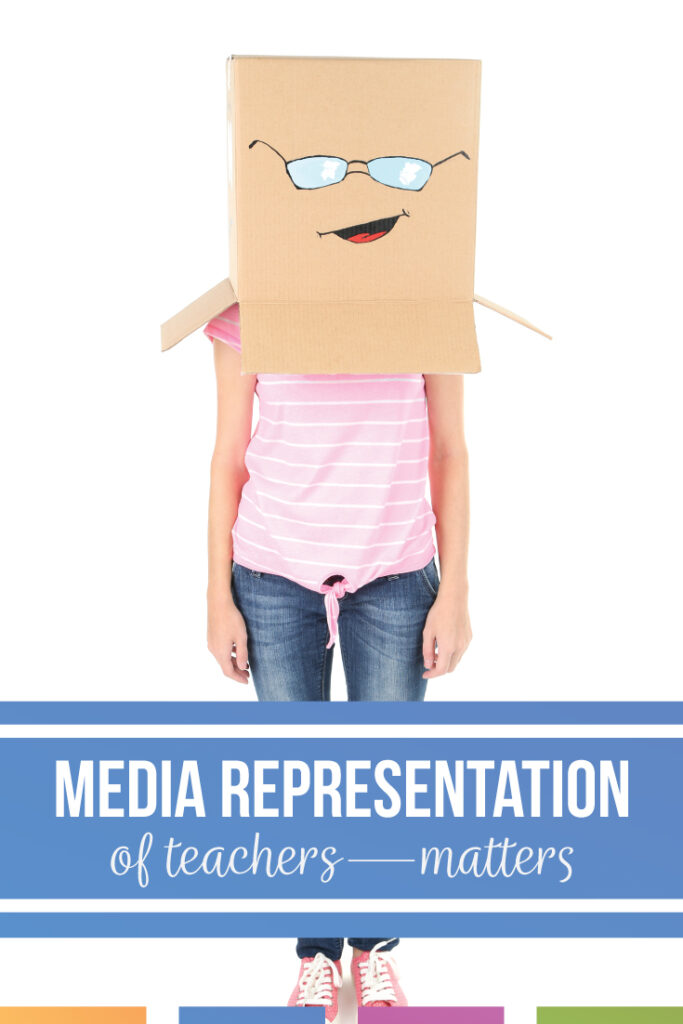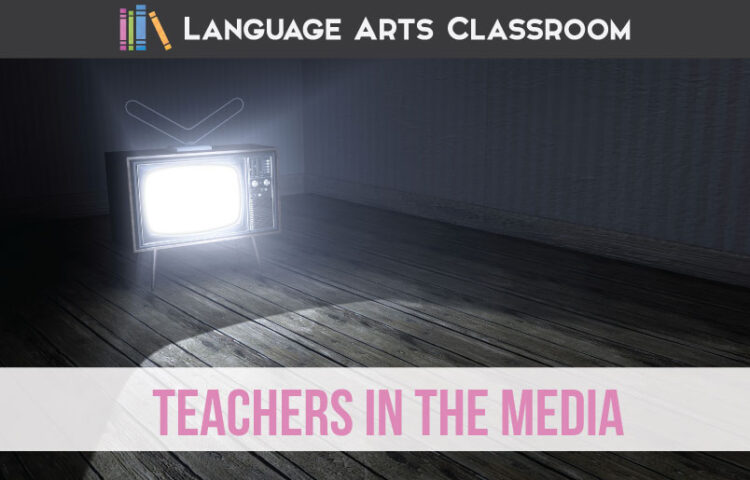The media influence on education matters a great deal. It matters to teachers, and it should matter to society too.
I didn’t know it in high school, but the lyrics
when I think back on all the crap I learned back in high school…
are sung by Paul Simon.
I remember this song because teenagers are strange people. I felt it related to me for lame reasons:
One, I was in high school. Two, I could say “crap” and not get in trouble with my parents. Three, I was learning crap in high school.
Except that I wasn’t. I was learning lots. Most of it was social, but that wasn’t from a lack of effort on my teachers’ part.

Sure many extenuating events and beliefs fed into why I blew off lots of high school book learning.
To be honest, a huge portion was because high school students want to fit in and do not know how to fit in—and I wanted to belong.
Media representation for the youth.
To accomplish this goal, teenagers latch onto role models, often famous people. They look around for examples of how to behave, what to believe. The media influence? Yeah, it matters.
So when Paul Simon sings about learning crap in high school, someone is believing it.
The image of teachers and administrators in young adult/ tween programming is pathetic:
- Consider the easily-duped Mr. Belding, the ultra-boring teacher from “Ferris Bueller’s Day Off,” and the repetitive Mr. Garrison—and those are old examples!
- Turn on any tween show, and an authority figure will be taught a lesson by a twelve-year-old or tricked by a fun-loving prankster.
TV shows need viewers, and they cater to their audience. Kids want to be in charge, they want to think that authority figures are wrong about life. Poking fun at public educators gets laughs and kids relate to those story lines as they search for their niche in society.
They are cheap laughs though, and the expense of educators who already do so much and do not reap the benefits of their students’ attitudes. Media influence on education starts during youth.
Media representation for adults.
Adults might like to think they are above media influence, but of course, mass media does influence adults. Memes, social posts, and movies shape adults’ understanding of teacher behaviors, careers in education, and expectations of educators.
Consider the post, “One Teacher’s Brilliant Strategy to Stop Future School Shootings” by Glennon Doyle. Doyle outlines one of her children’s teacher’s to end bullying. The teacher rearranges student seating charts every Friday.
I have seen this story shared numerous times, illustrating the power of media influence on education. You can read it, as I have several times. Then see if you have questions like I do:
- Why is the expectation that a teacher is responsible for gun shootings in schools?
- Can a teacher offset shootings by having students who are lonely sit in different spots? If so, why has this method not been implemented across the USA? Additionally, what is the messaging—that teachers who don’t do this are somehow responsible for shootings?
- Why is the teacher praised for working outside her contractual hours? On Fridays, I leave and go home. I’ve already worked about 50 hours—and been paid for 40.
- What are the legalities of such a system? If a teacher rearranges students because they might be shooters (the implications of this post are wild to me), and those students then participate in a shooting, should the teacher not have alerted administration?
- Doyle says that “violence begins with disconnection.” Maybe, it’s not a terrible concept. But: Why is she implying that these underpaid and overworked individuals should fix this nightmarish situation? If Doyle sincerely believes in this method, I would hope a famous person like she is would advocate for a person in every school whose job it is to rearrange students every Friday.
Doyle is not the only person to write about “savior teachers.” Entire movies are based on the silly notion that teachers can fix society’s ills. The media influence on education is everywhere and unfortunately, the expectations of adults becomes the expectations of administrators, voters, school board members, and parents. The inaccuracy of what teachers can do hurts educators.
For teachers, media representation matters. It should matter to society, too.

